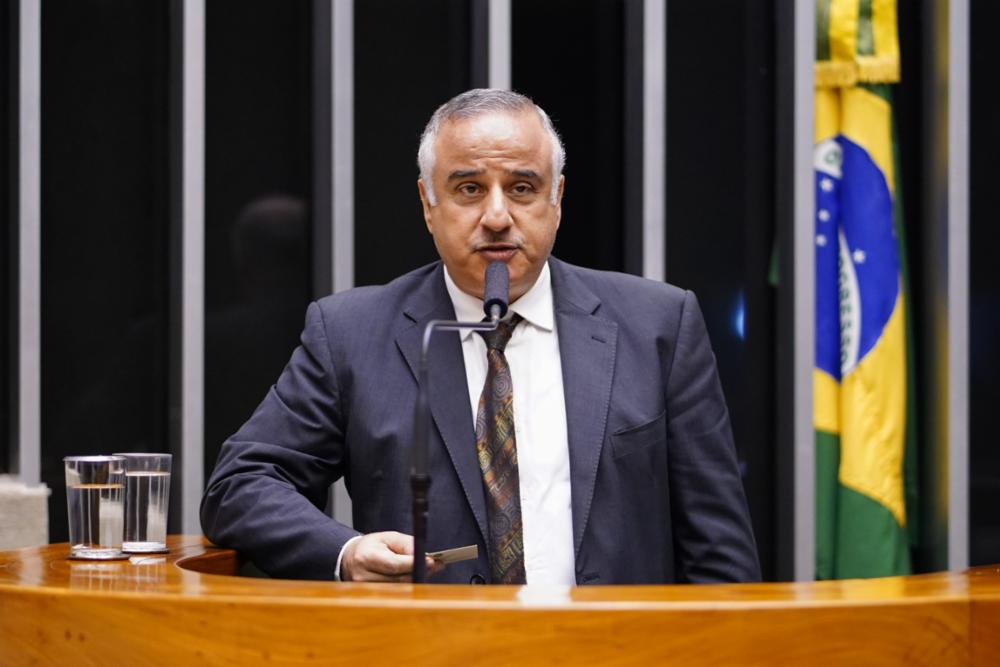*Ambassador Qais Shqair
Celebrating national occasions—particularly Independence Day—always involves revisiting history. This engagement with the past helps us shed light on the events and circumstances that have shaped the diverse fabric of states present today, influencing the international scenario we live in.
Contemporary Brazil celebrates tomorrow not only its unique identity among nations but also its ability to confront challenges with soft power, in an open and sincere manner, reinvigorated by a population aware of its rights and the values of democracy and freedom.
Following the War of Independence, the new state immediately began to reshape and build national institutions, facing the immense task of bridging the gap among multiple geopolitical and sociopolitical challenges—an inescapable reality of inheriting a territory of over 8.5 million km² and a diverse, multicultural population.
In that context, Jorge Amado emphasized the imperative of nurturing a truly national Brazilian literature. The rough, verdant, and challenging environment has been deeply felt by every brasileiro and brasileira who has absorbed the immense heritage of the tropical rainforest, the waterfalls, and the vast Amazon River, with an identity distinct from both the Republic and its human and cultural components.
Today, as we celebrate Independence Day with our amigos brasileiros, we should recall the commitment to peace that both the government and the Brazilian population have demonstrated throughout its history, and how we in the Arab world envision the role of the Federative Republic of Brazil on the international stage.
We not only deeply respect this historical commitment to peace and coexistence but also believe that these values can serve as a source of inspiration in the realm of global affairs. Brazil has consistently reaffirmed that its commitment to the rule of law, respect for tolerance, and dialogue are the only viable paths to peace, stability, and prosperity.
As a matter of fact, Brazil’s peaceful modern history can significantly contribute to a new approach to complex political challenges, as seen in the Middle East.
Brazil’s foreign policy is, by all means, a manifestation of conflict resolution based on full respect for international law and UN legitimacy, driven by a growing, well-structured economy and guided by a sense of social justice and fairness. These efforts in a relatively young country occur while we continue to witness in other regions of the world an outdated approach to dealing with disputes, where some states still resort to double standards, bigotry, intolerance, ideological hatred, and the failed strategy of managing conflicts instead of resolving them
As we reflect on Brazil’s independence, we pray to God, the Almighty, to preserve the spirit of the Brazilian people, who are dedicated to building a country and a society based on peace, mutual understanding, the joy of life, and kindness toward others.
A season’s greeting card for each of Brazil’s 213 million citizens.
“Congratulations to all Brazilians…”
Ambassador Qais Shqair, Head of the Arab League Mission in Brazil
The views expressed in this article are those of the author.




